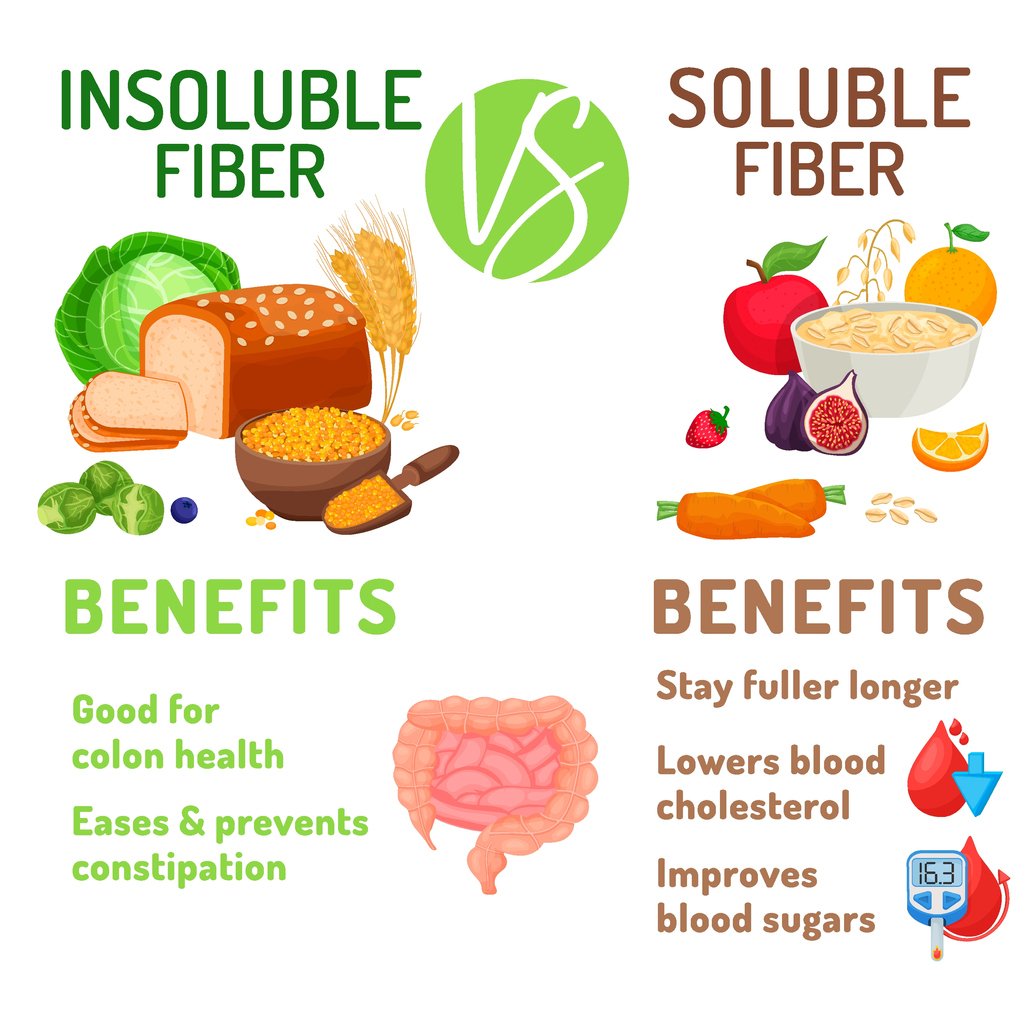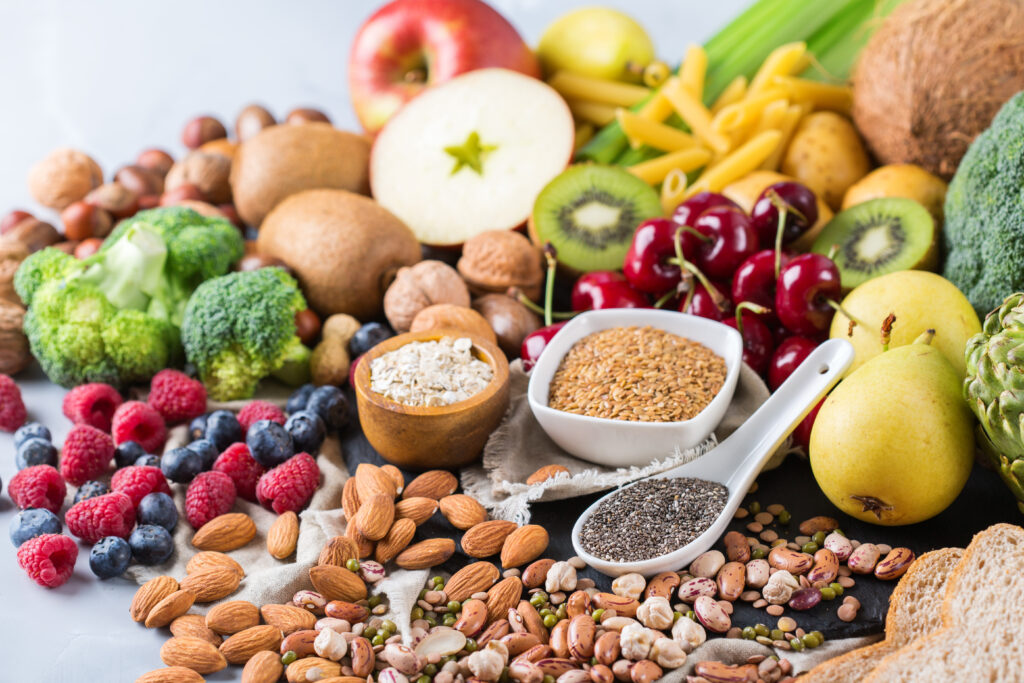This article delves into the nuances of dietary fiber, comparing the efficacy of supplements to natural sources and exploring their respective impacts on health.
Dietary fiber is a type of plant-based carbohydrate that the human body cannot break down into glucose because it lacks the necessary enzymes. Although fiber passes through the digestive tract largely intact, its presence is essential for digestive health. There are two main types of fiber - soluble and insoluble - and both play different but equally important roles.
In addition to these primary functions, fiber also acts as a prebiotic - it feeds beneficial gut bacteria that produce short-chain fatty acids (SCFAs). These compounds strengthen the gut lining, reduce inflammation, and even exhibit anti-cancer properties.
According to nutrition experts and health organizations, the recommended daily intake of fiber for an adult is approximately 25–30 grams. However, in reality, most modern diets are highly processed and limited in variety, resulting in an average intake of only 15–18 grams per day. This gap can have serious consequences for digestion, circulation, and metabolism.
To reach the recommended amount, one must consciously include certain fiber-rich foods in their diet. For example:
Thus, dietary habits need to be formed intentionally, rather than left to chance. If a person does not consume vegetables or fruits regularly, they risk not only digestive issues but also long-term health problems related to cholesterol, obesity, or diabetes.
Fiber supplements can be helpful in specific cases. They are most commonly recommended by doctors or dietitians when:
Some of the most commonly used fiber supplements include:
However, it's important to remember that supplements are not miracle solutions. They are only effective when used correctly – in the proper dose, with sufficient water intake, and consistently. On the contrary, improper use may lead to discomfort or even harm.
Although fiber supplements are generally considered safe, their use is not always without risk. Excessive intake or consumption without adequate water can lead to bloating, cramping, or even worsened constipation. For example, psyllium husk supplements, when taken without enough fluids, can cause intestinal blockage.
Some types of fiber - especially soluble fiber - may interact with medications by slowing down their absorption or reducing their effectiveness. It is particularly important to monitor fiber intake when using the following:
Additionally, individuals with gastrointestinal conditions such as Crohn’s disease or diverticulitis may experience irritation or worsening of symptoms when using certain fiber supplements.

Fiber supplements can be useful as a temporary solution or as a doctor-recommended addition, but they do not replace a balanced, fiber-rich diet. The best approach is to regularly consume vegetables, fruits, seeds, and whole grain products, and use supplements only when necessary to support gut health or address specific issues.
# skaidulos # sveika mityba